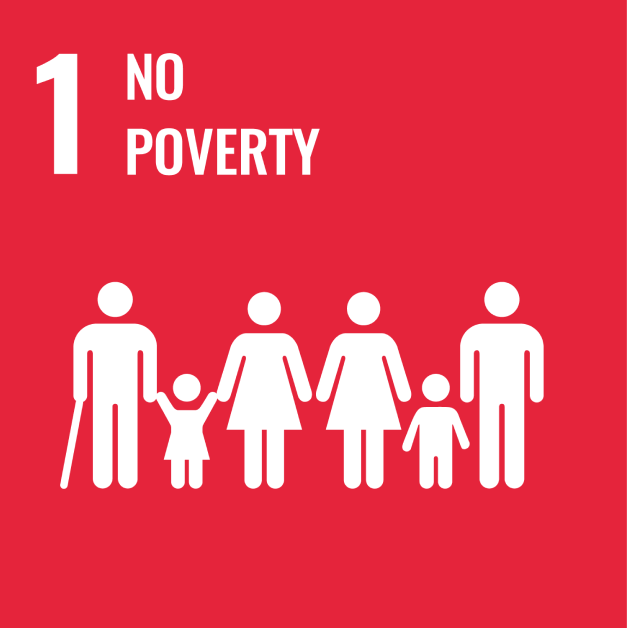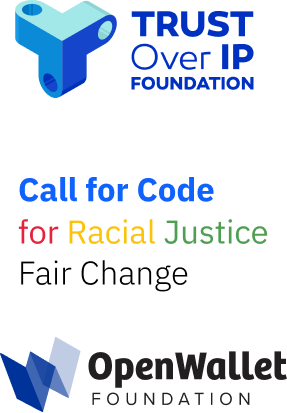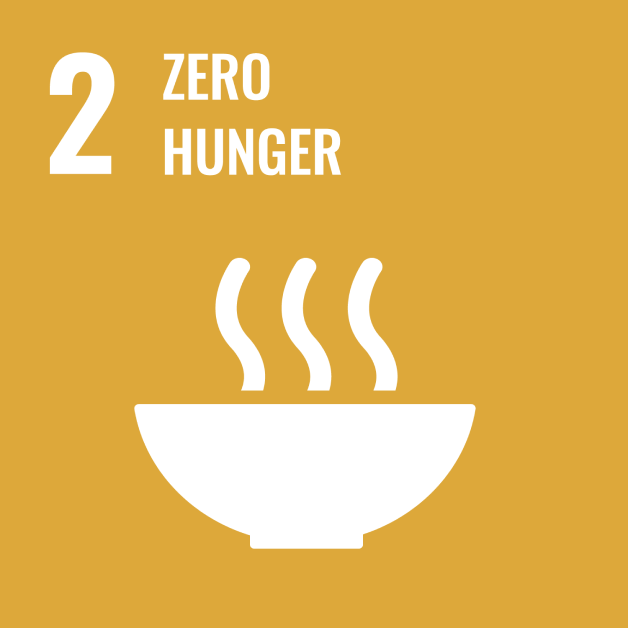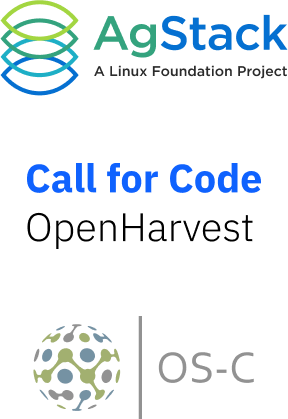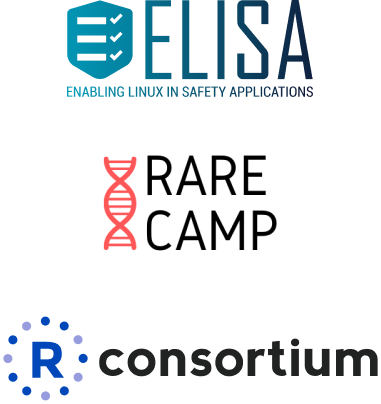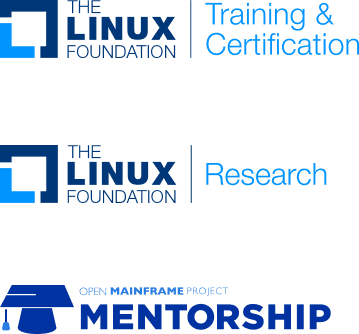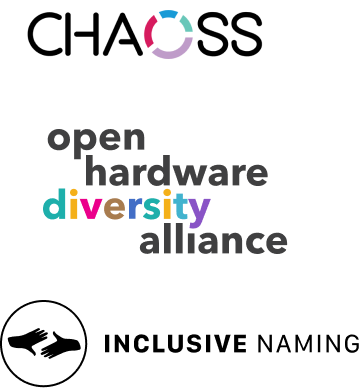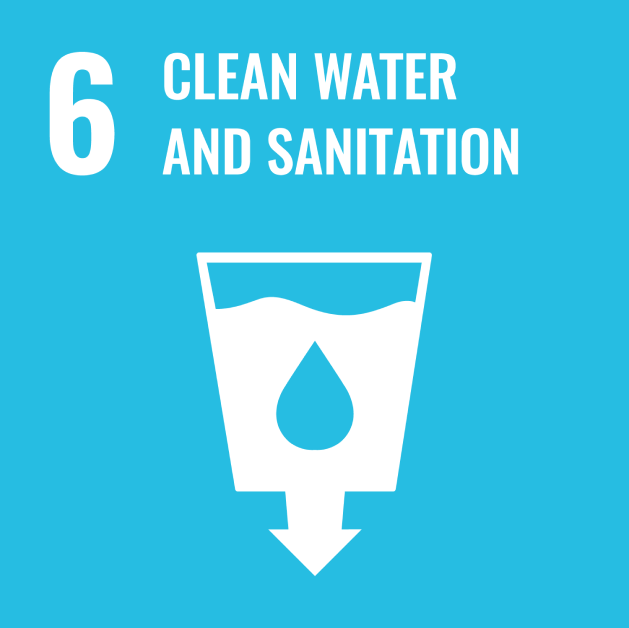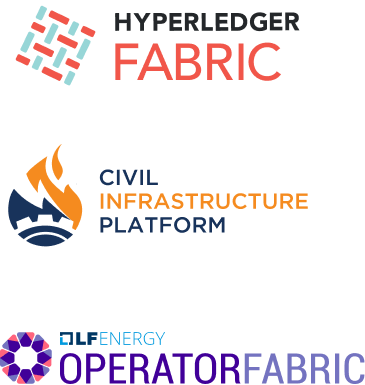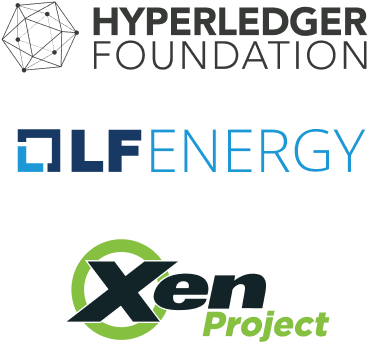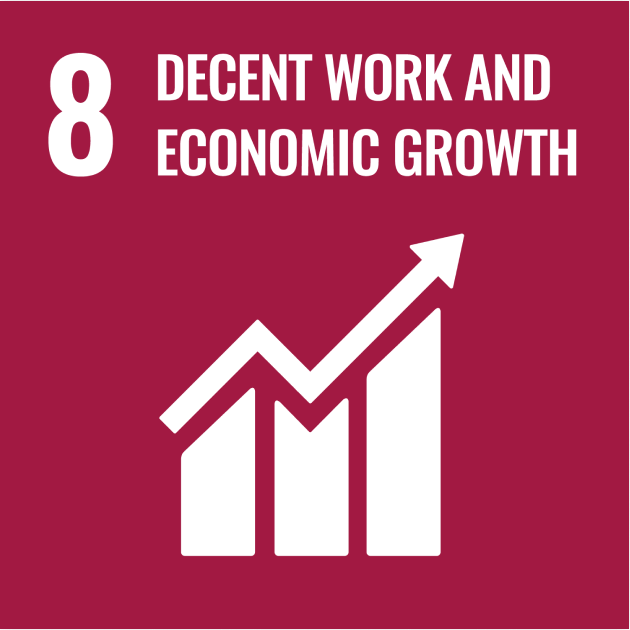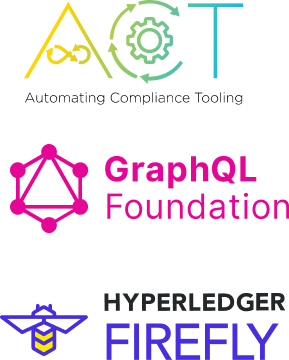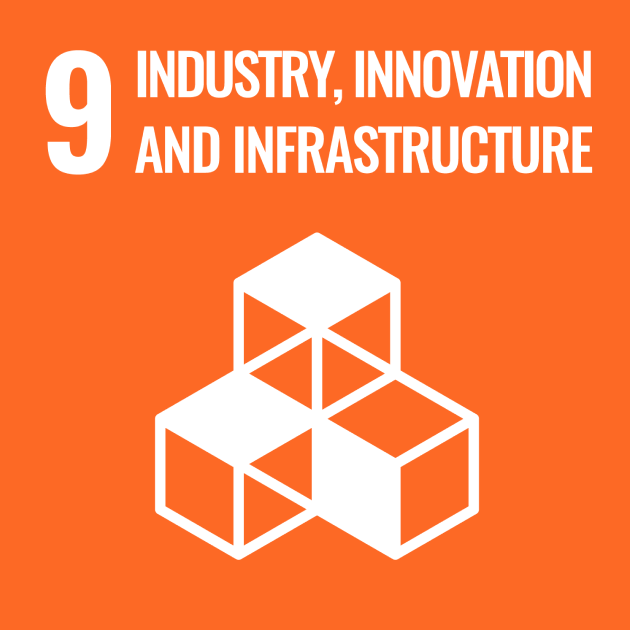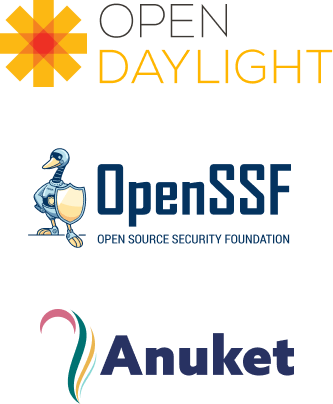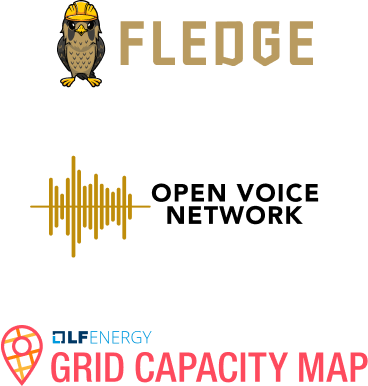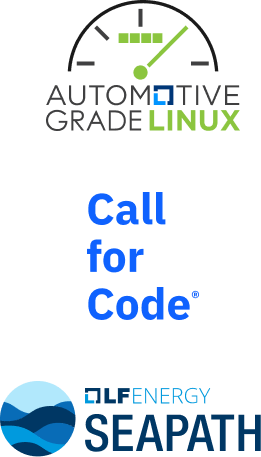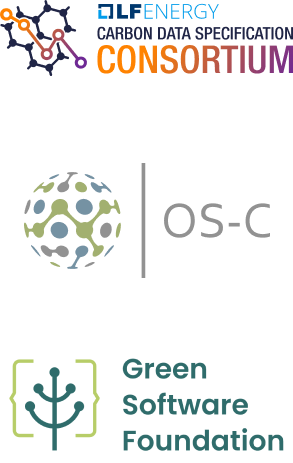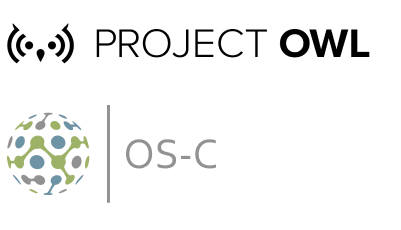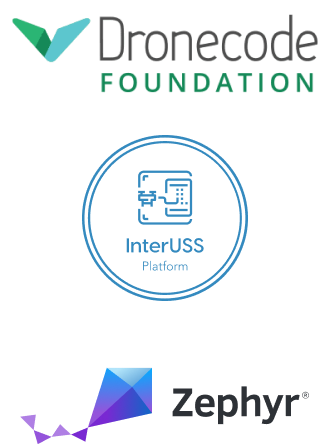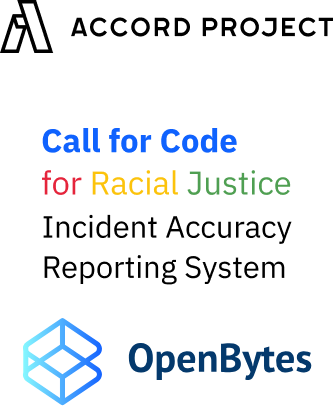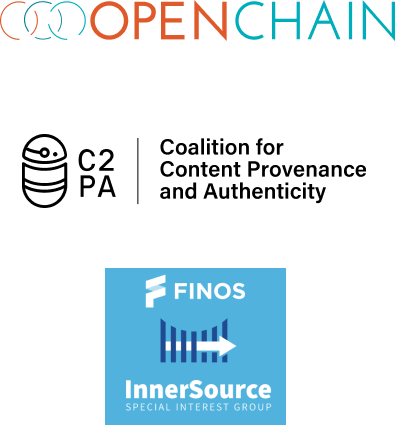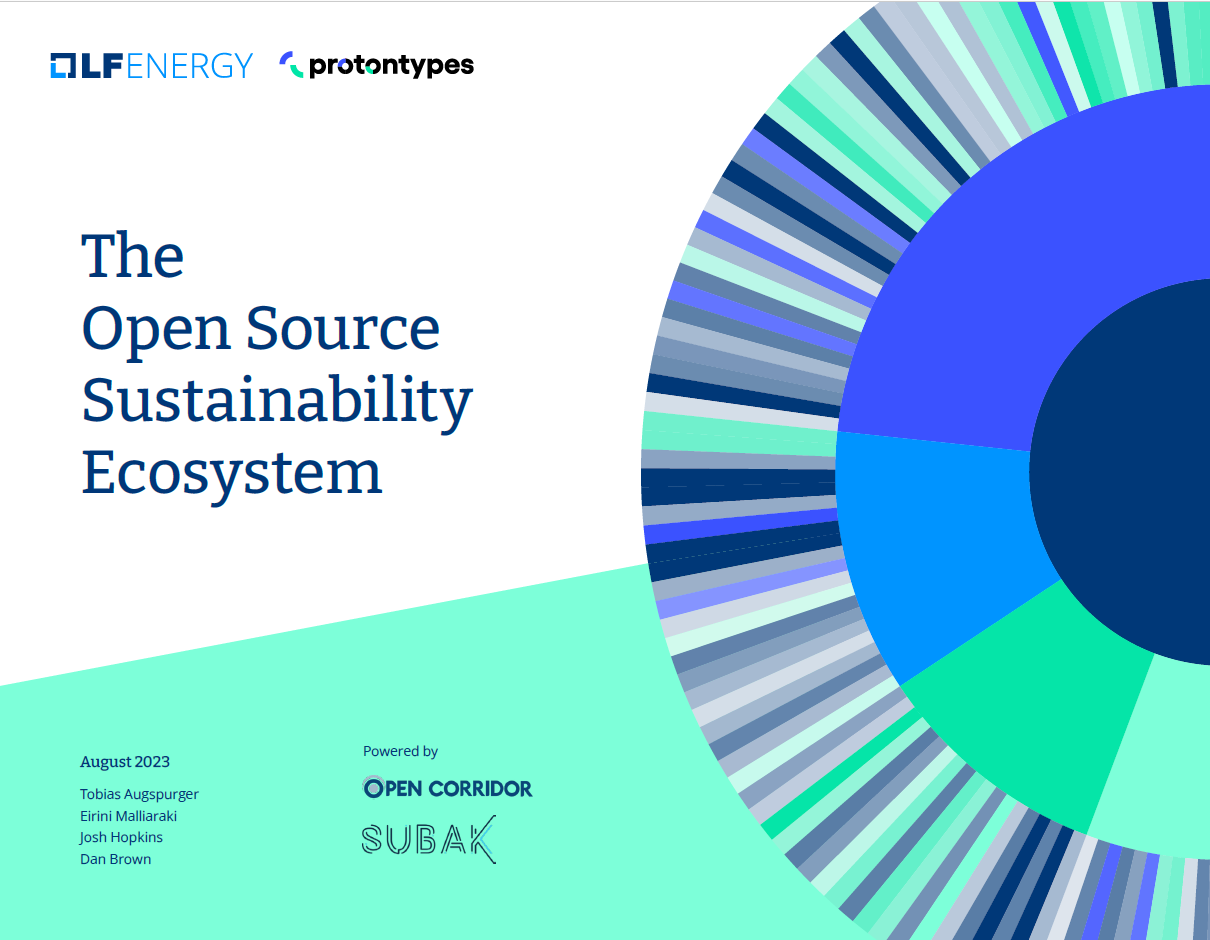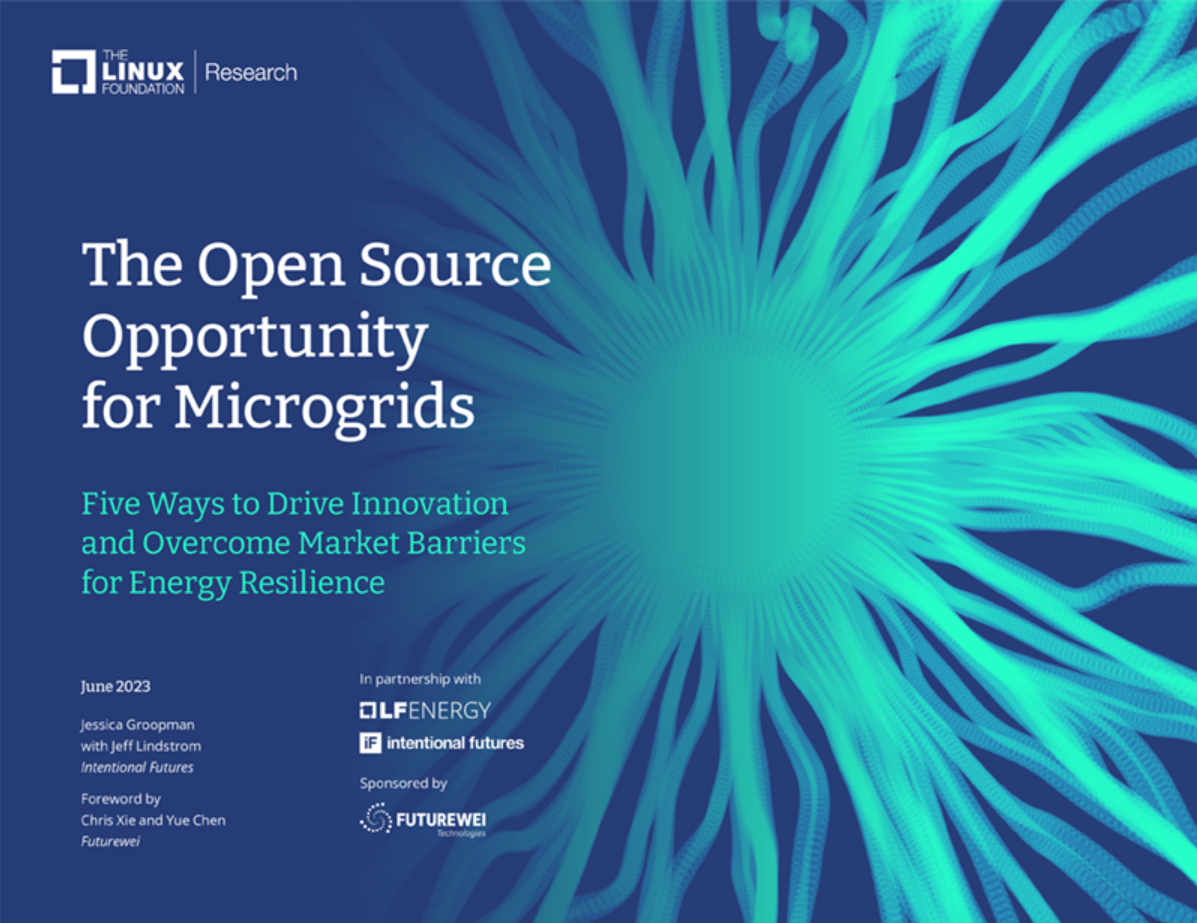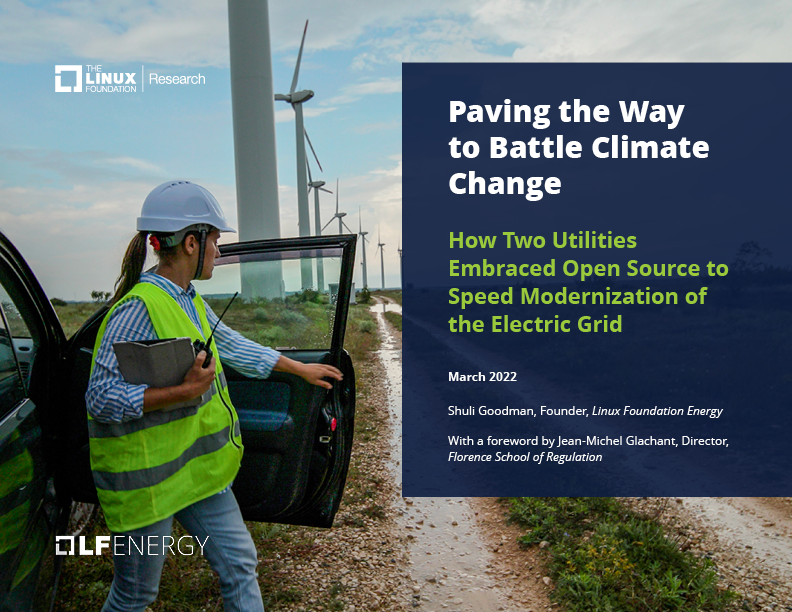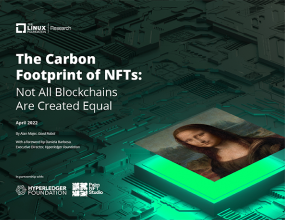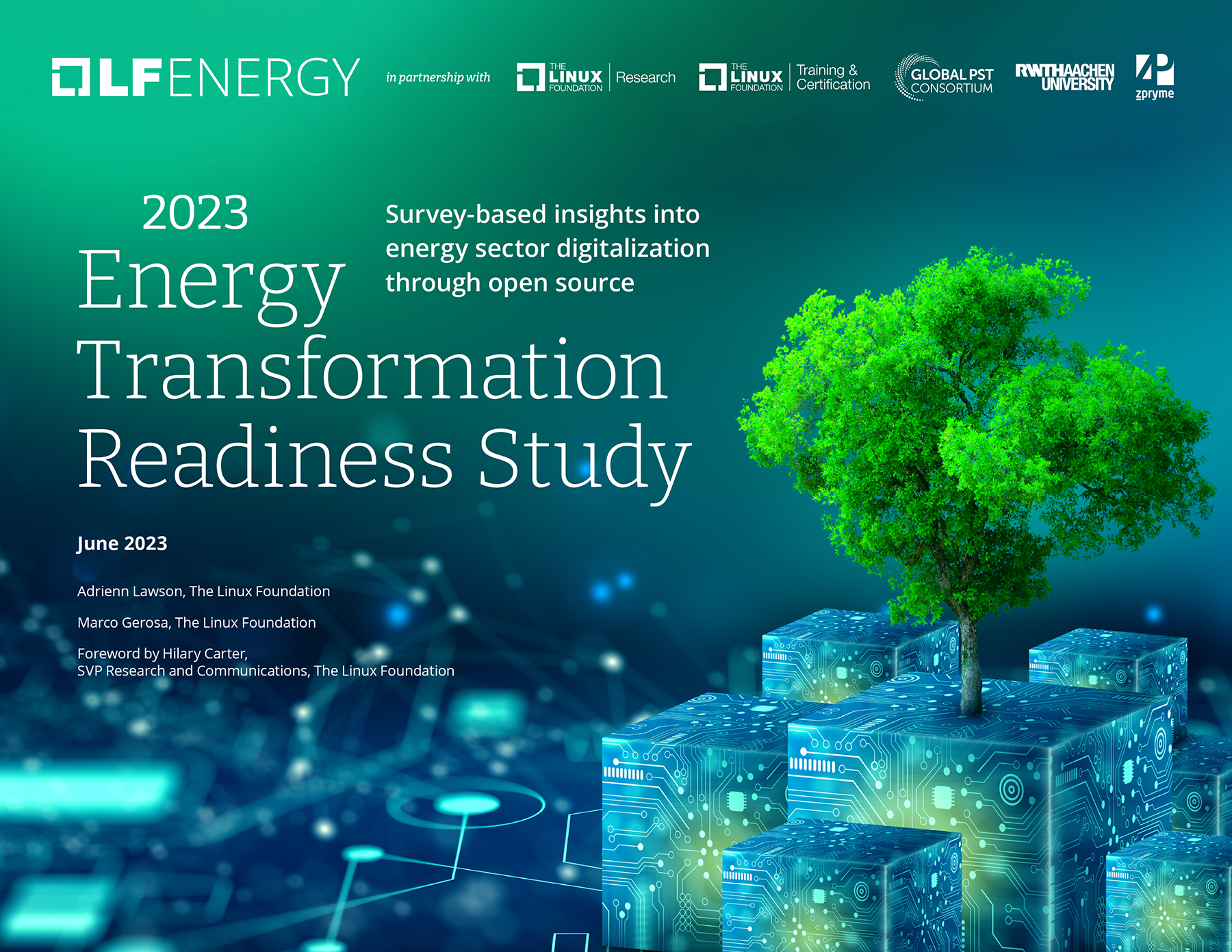Sustainability
In 2017, the UN Global Compact and its 2030Vision partners reported that digital technology—particularly open source—would be instrumental in achieving the UN Sustainable Development Goals (SDGs), unlocking an additional $2.1 trillion in annual revenue for the technology sector alone by 2030. The United Nations introduced these 17 SDGs in its “2030 Agenda for Sustainable Development,” described as “a plan of action for people, planet, and prosperity.” The SDGs build on the eight Millennium Development Goals as well as UN Global Compact’s measures of corporate governance in terms of the environment, human rights, labor, and anti-corruption.
We started the Linux Foundation Sustainability Initiative to understand how our projects map to these different dimensions of sustainable development. By capturing where and how our projects are having impact, we can see where the LF community can direct resources to broaden and deepen these efforts.
An extensive landscape review of all Linux Foundation projects, substantiated by interviews with experts in the community, illuminates a massive and diverse portfolio of digital public goods all contributing in unique ways to the SDGs. Alongside the efforts of the projects it hosts, the Linux Foundation itself creates the infrastructure – legal structures, funding, community development, governance models —that makes sustainable development possible.
Open Source for Sustainability
This report represents an insightful account of the open source ecosystem from the perspective of the people, the environments, and the social and political systems that are impacted by the Linux Foundation’s work. Read the detailed findings in the full report.
Examples of LF Projects by Sustainable Development Goal
Opportunities to Contribute
Building on the LF community’s significant work toward the SDGs, we have room for greater participation. In particular, we can contribute to SDG 6 and SDG 14 through projects that focus on the following:
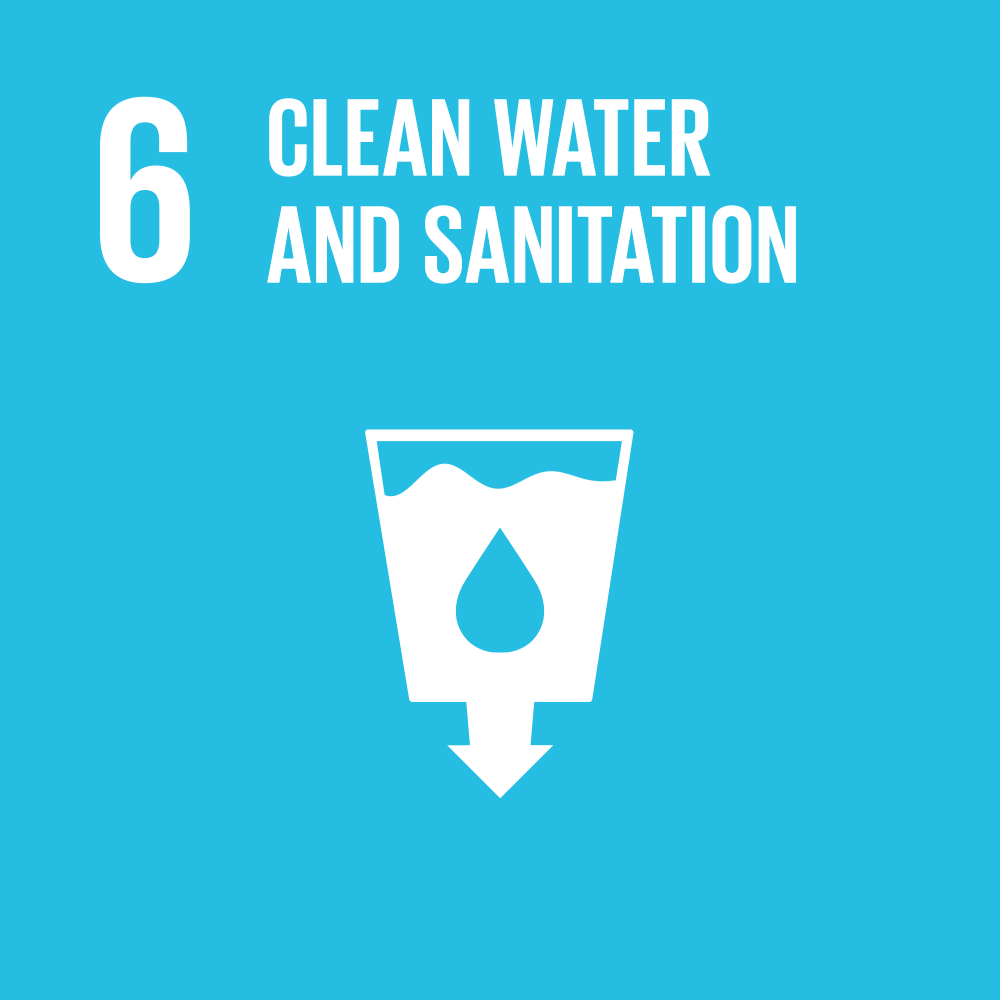
- Safe and affordable drinking water
- Sanitation and hygiene, with special attention to the needs of women, girls, and those in vulnerable situations
- Water quality, recycling, and reuse
- Water-use efficiency across sectors
- Integrated water resources management
- Water-related ecosystems (e.g., lakes, rivers, forests, etc.)
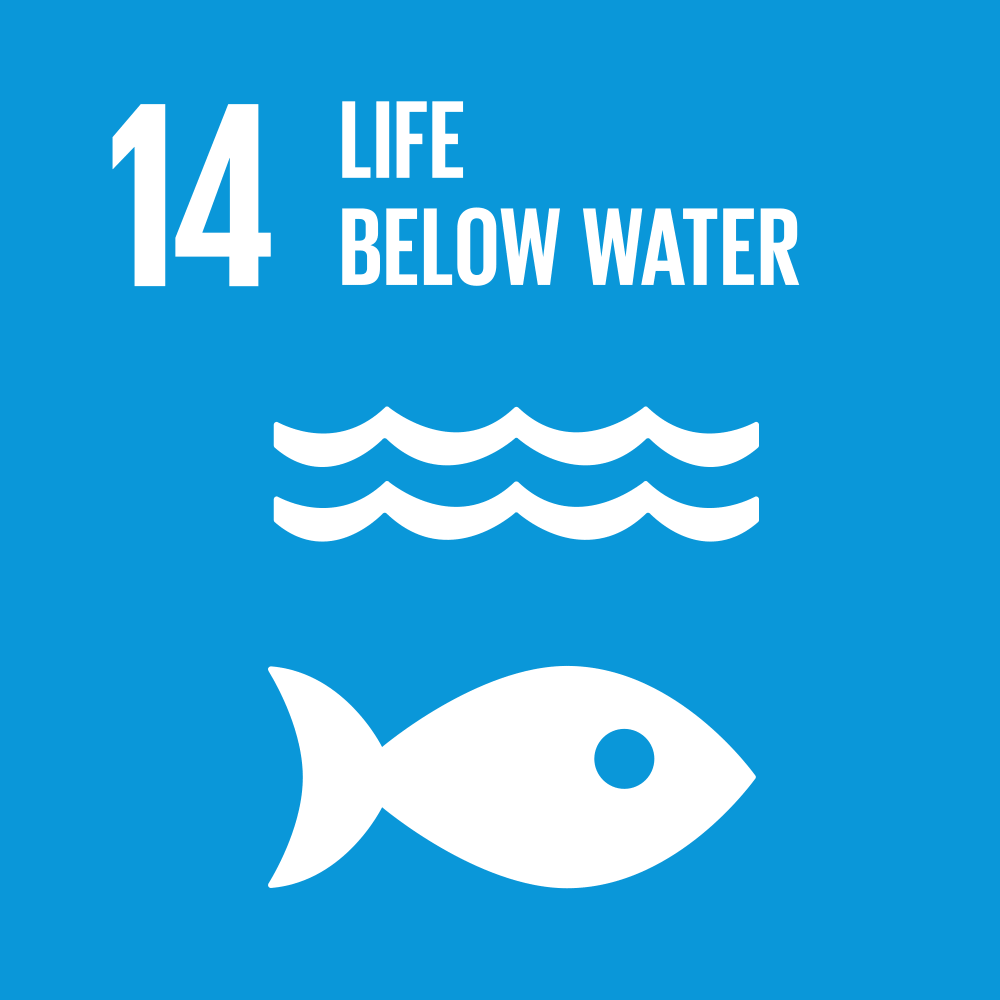
- Reduction of marine pollution
- Marine and coastal ecosystem resilience
- Impact of ocean acidification
- Science-based management plans for fish stocks
- Data-driven conservation of coastal and marine areas
- Management of fisheries, aquaculture, and tourism
For complete text to UN targets and indicators, please see SDG 6 here and SDG 14 here.
Spotlight: Industry, Innovation, and Infrastructure
The portfolio of digital innovation (SDG 9) under the Linux Foundation’s umbrella can help catalyze innovation across the other SDGs. Below are four examples of projects that combine technology in such a way as to support a variety of use cases.
AgStack
Members of the AgStack community are building out accessible, reusable digital infrastructure tailored to agriculture. With open data, AI modeling, and software applications, farmers can manage such resources as water and field workers more effectively, and make data-driven decisions to balance supply and demand. AgStack puts the know-how of other farmers at their fingertips, helping them to reduce poverty, hunger, and economic inequalities, increase the resilience of their communities and business models, and reduce their impact on the climate and their land.
Zephyr
Contributors to the Zephyr project are building out small, scalable, real-time operating systems optimized for resource-constrained networks of devices. Such networks will help users to spin up an Internet of Things across multiple architectures, reduce their costs, and accelerate the launch of new products and services. Members of the Zephyr community imagine billions of connected embedded devices—simple connected sensors, LED wearables, modems, and small wireless gateways—that work to improve health and create decent jobs and equal opportunities on one hand, and support diverse business models and markets on the other, with monitoring tools to strengthen institutions.
C2PA
The Coalition for Content Provenance and Authenticity (C2PA) combats the ubiquity of fake news and other misleading information online by developing open standards for certifying the source and provenance of media content. A project of the Joint Development Foundation, C2PA gives consumers and publishers tools for understanding whether different types of media are authentic and their sources, genuine, whether it’s coverage of climate science, election results, healthcare, or labor practices.
OS-Climate
OS-Climate is developing a software platform to boost funding of climate change mitigation and resilience initiatives that will make a measurable difference across the SDGs. The platform integrates open data, models, computing, and data science into a physical-economic model. Enhanced by artificial intelligence, this model will function like an operating system, helping to match investment capital with financial products to manage and mitigate climate-related risk.
Call For Code®
Call for Code® invites developers and problem-solvers from around the world to build and contribute to innovative technology solutions that address social and humanitarian issues, while ensuring the top solutions are deployed to make a real difference.

SustainabilityCon @ Open Source Summit North America 2024
Discover the power of open innovation for a more sustainable future at SustainabilityCon. Join the community of developers, technologists, sustainability leaders and anyone working on technological solutions to decarbonize the global economy, mitigate and address the impacts of climate change, and build a more sustainable future. SustainabilityCon provides a forum to drive open source innovation in energy efficiency and interoperability and clean development practices within industries ranging from manufacturing to agriculture and beyond through collaboration and learning within the community.
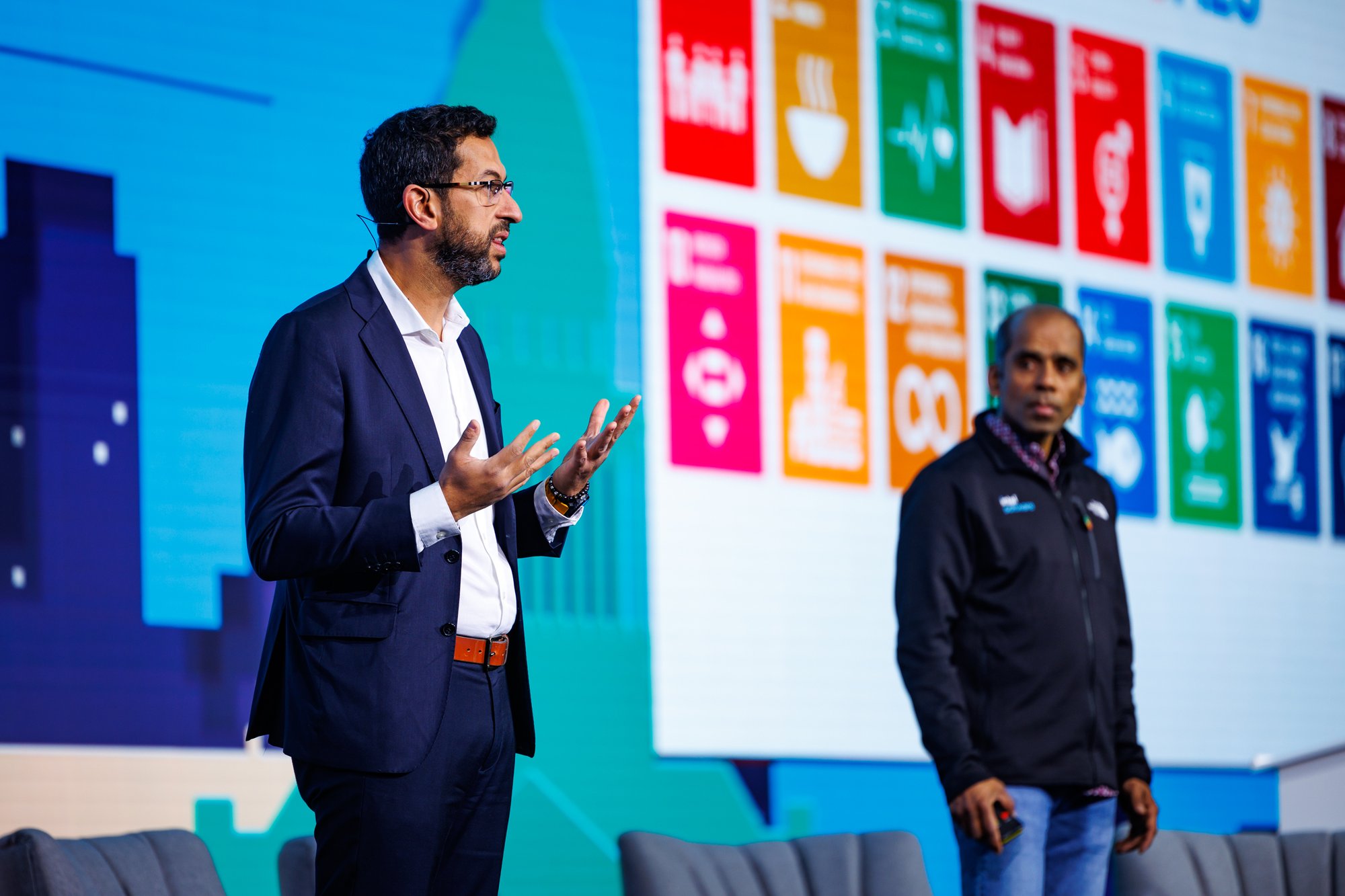
Featured Community Event
OSPOs for Good Symposium 2024
July 9 & 10, New York City
The goal of the 2024 symposium is to institutionalize the ethos of open innovation and collaboration, further embedding open source projects and communities into novel cooperative infrastructures, and fostering collaboration among government, academia, and industry for achieving societal impact together.
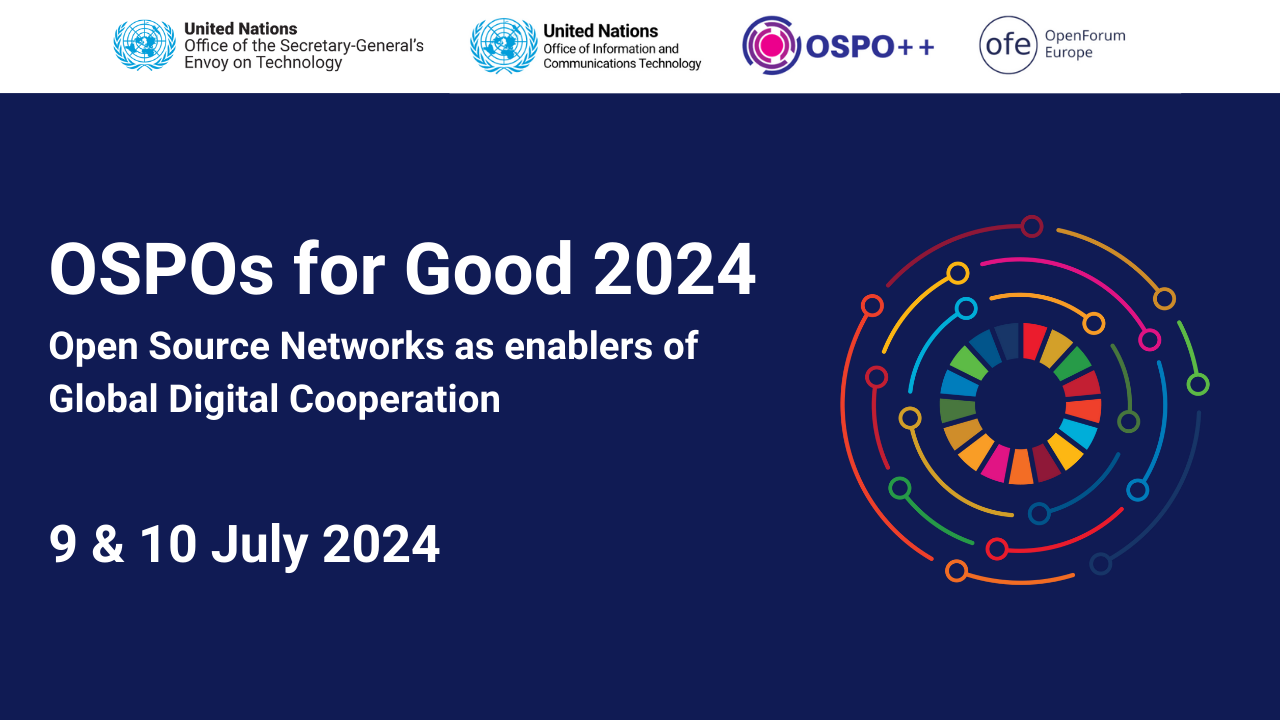
Further Reading
Spotlight: LF Energy and the
Open Source Sustainability Landscape
There are hundreds of energy-related technology projects hosted by the Linux Foundation and elsewhere in areas of sustainability including energy infrastructure, carbon accounting, natural resources monitoring, and industrial ecology. LF Energy has developed a landscape to outline the details on each project and where they fit in the overall sustainability tech stack. This landscape builds on the work of Open Sustainable Technology.
